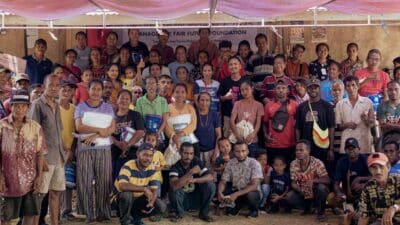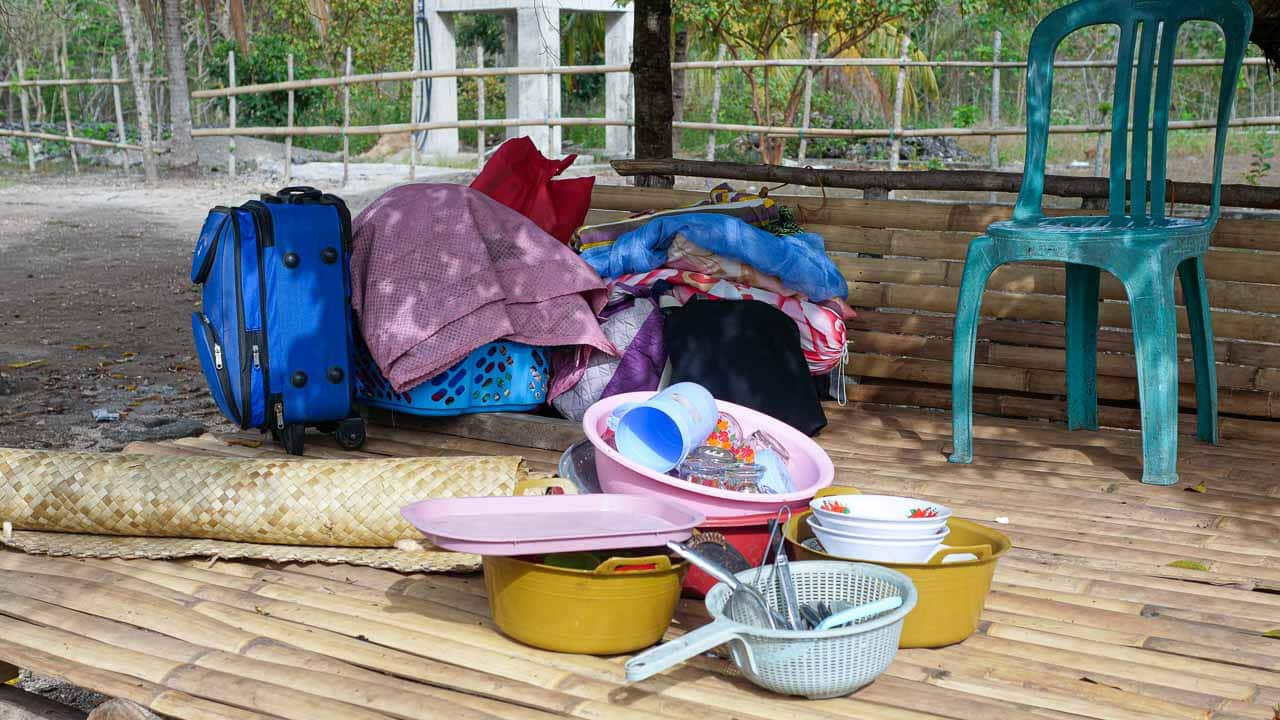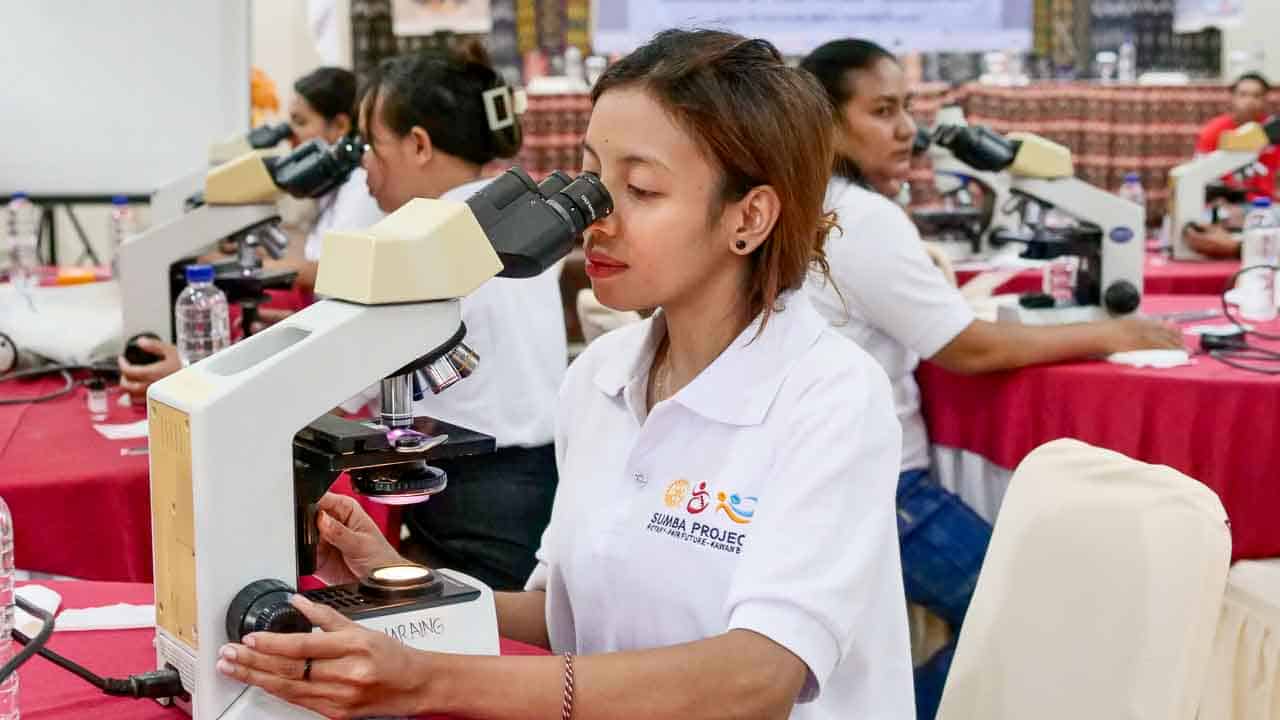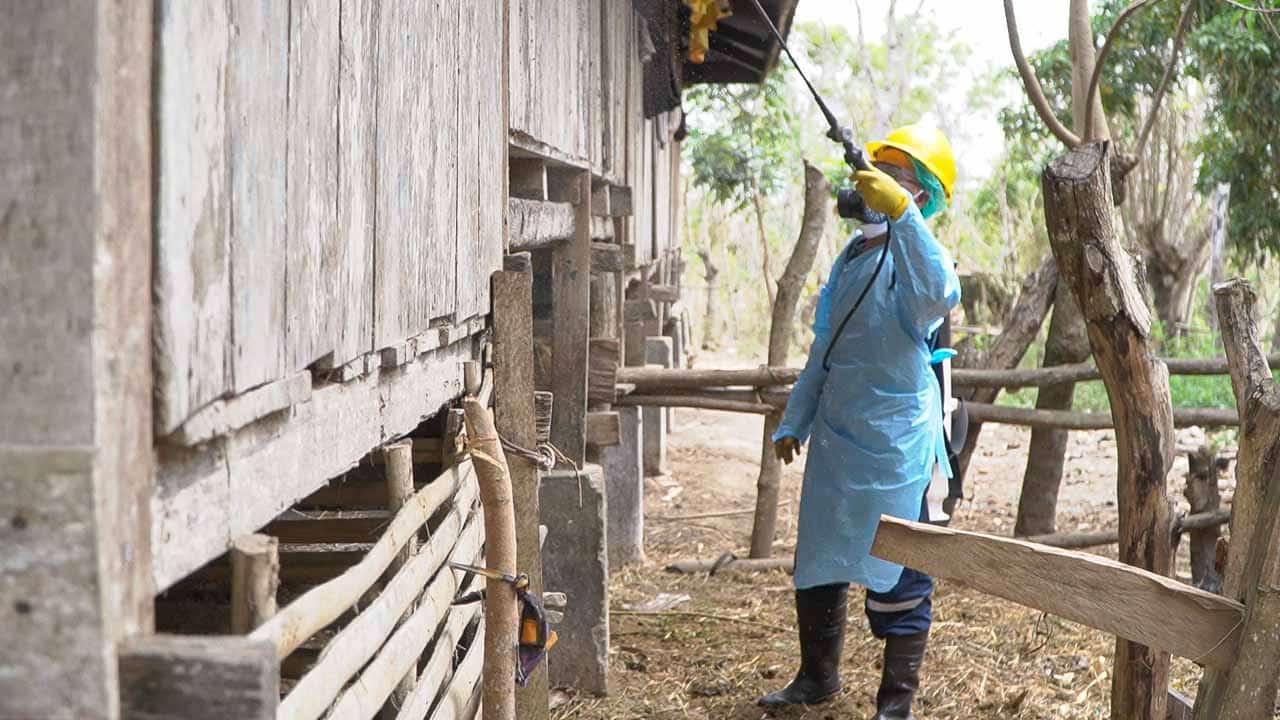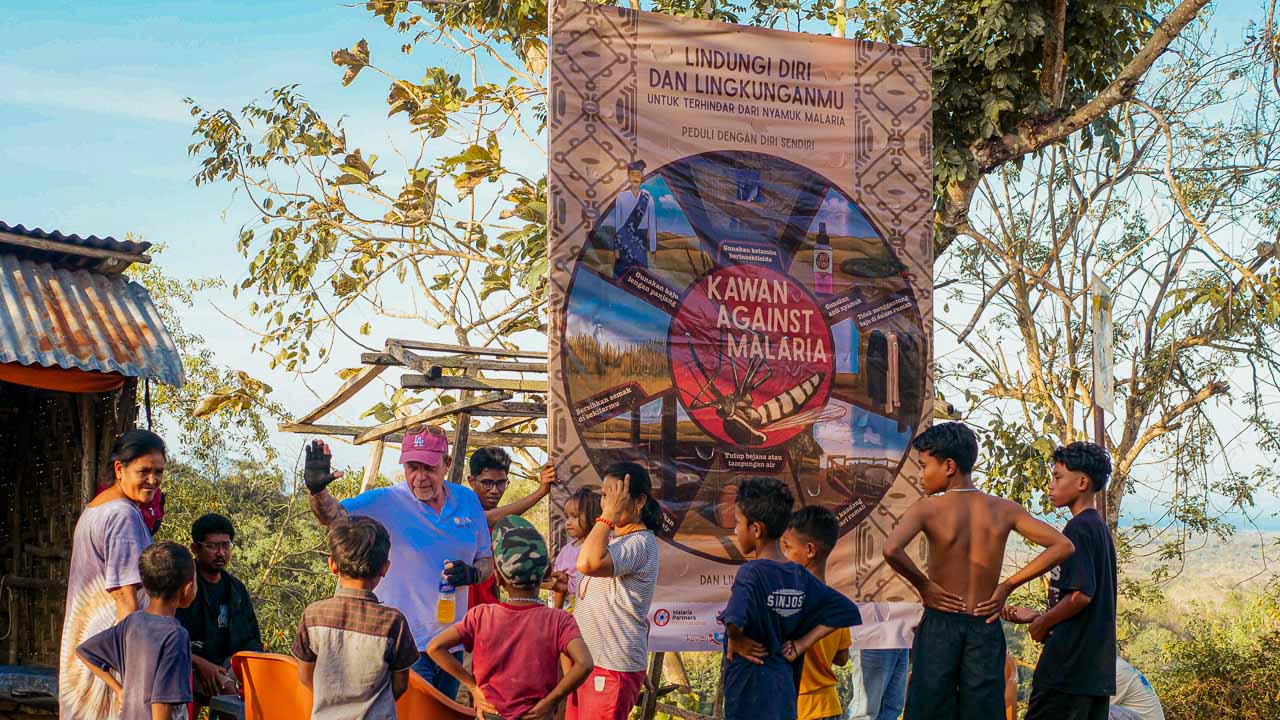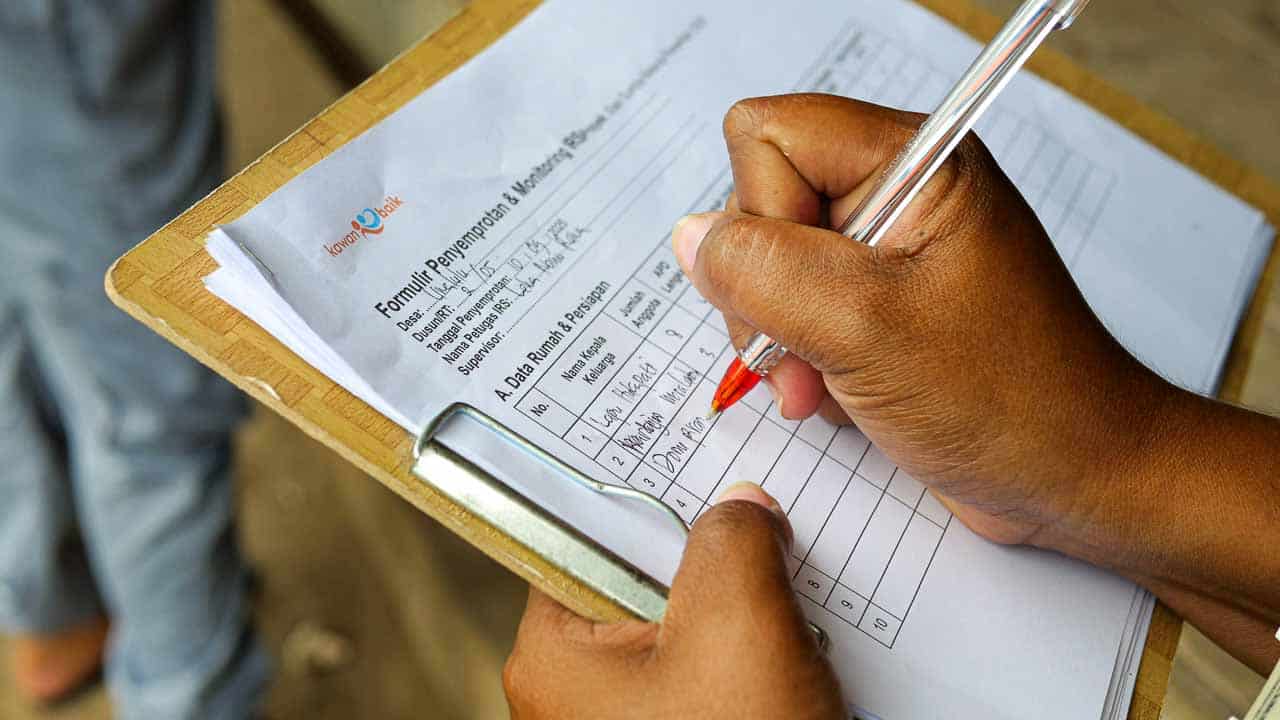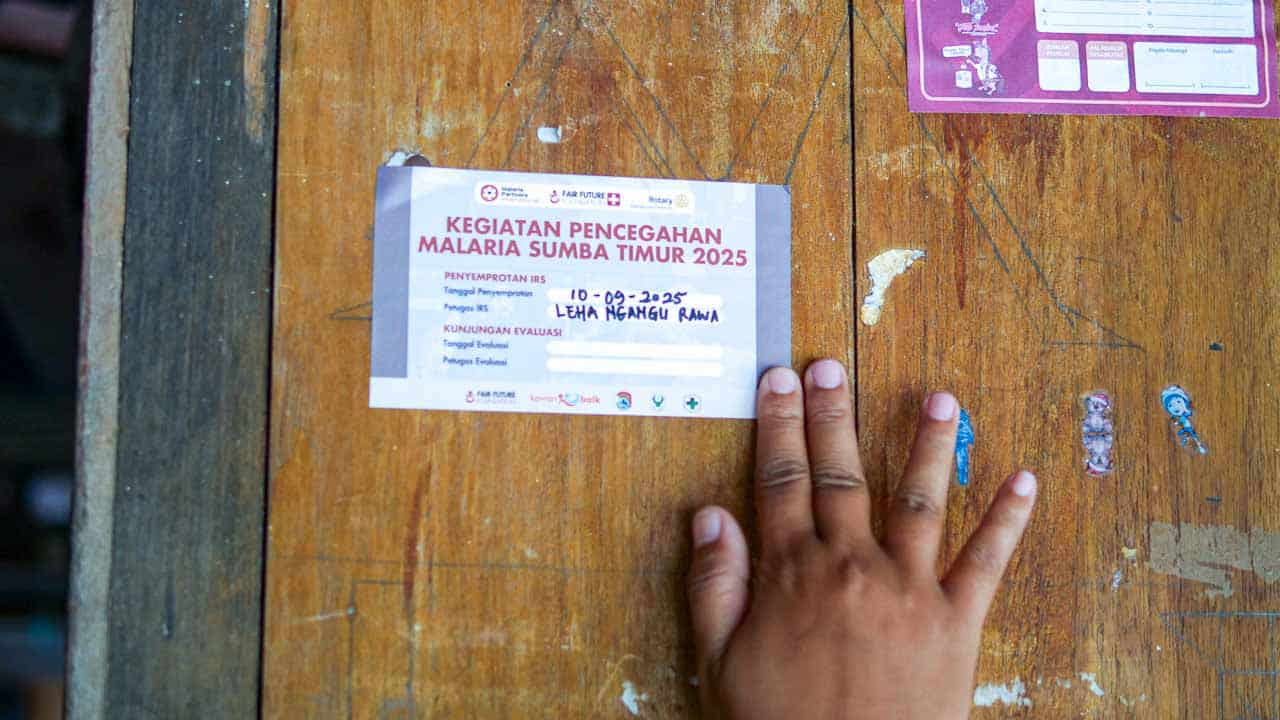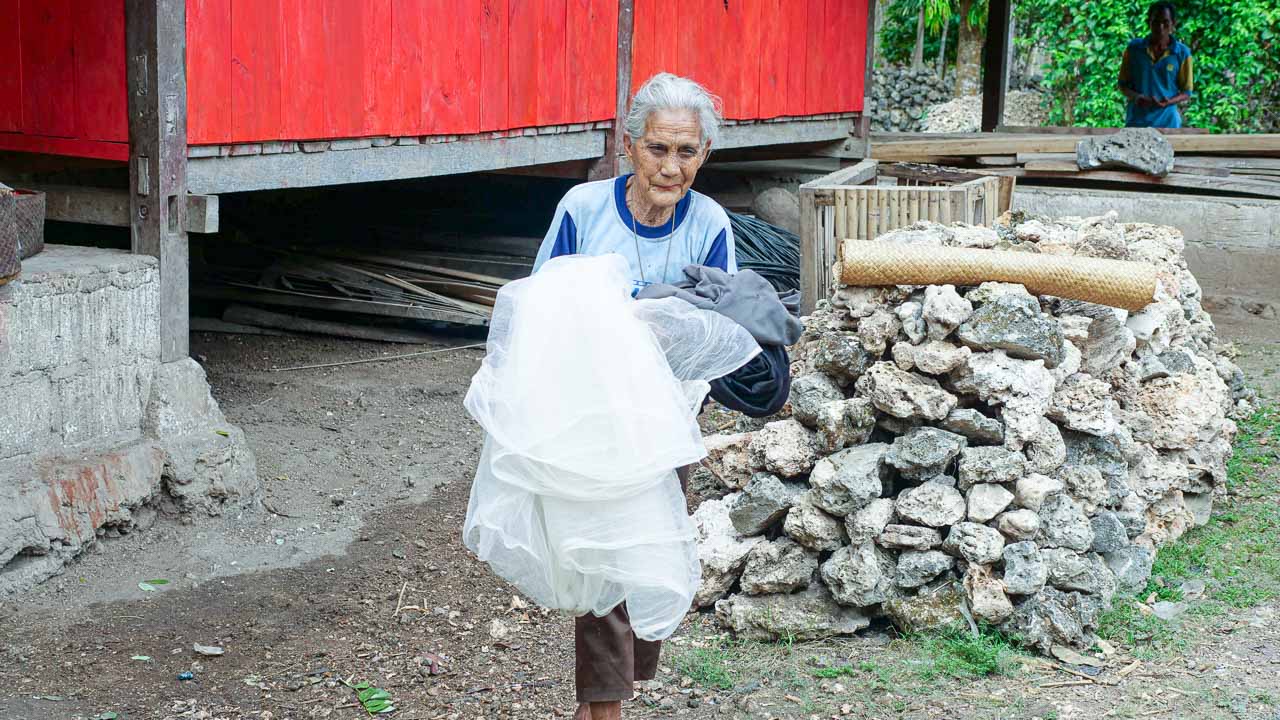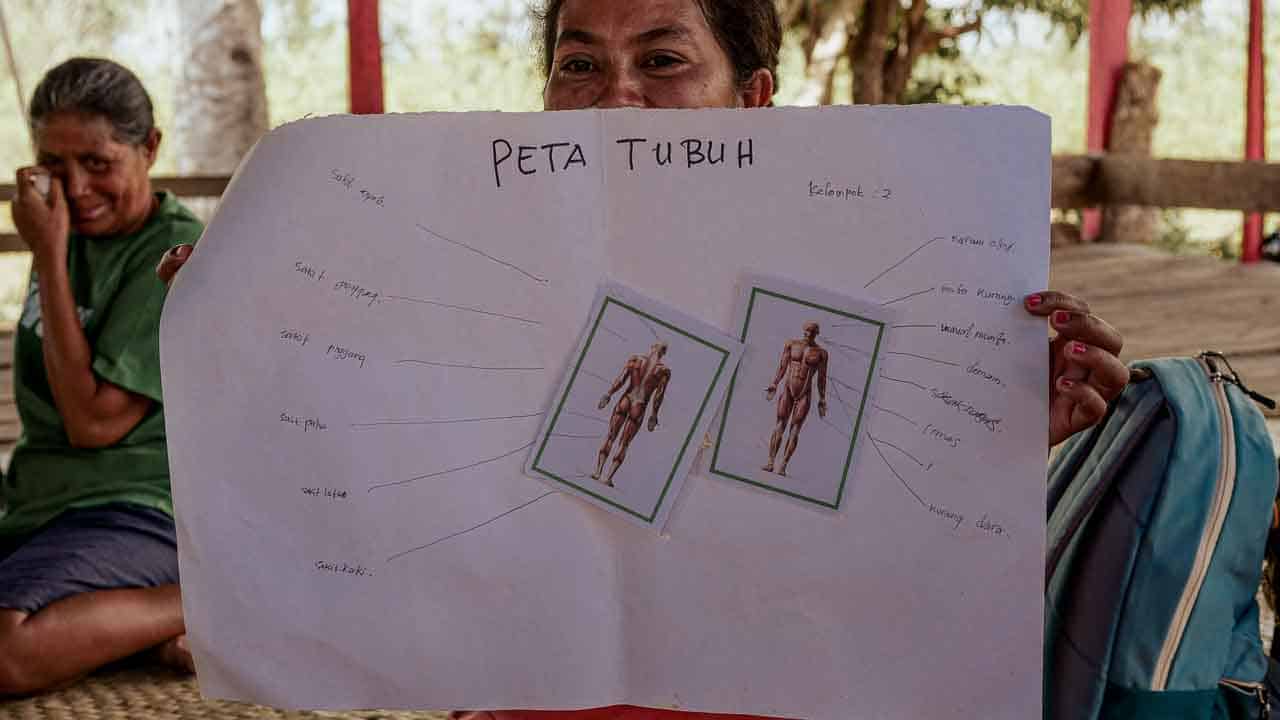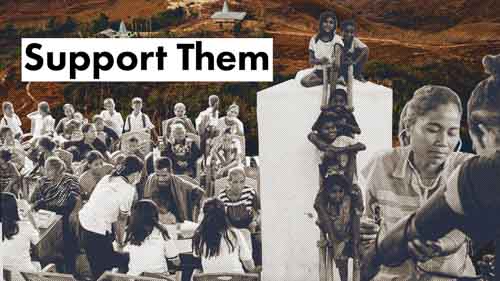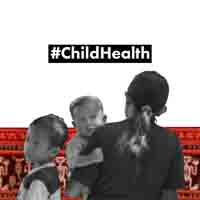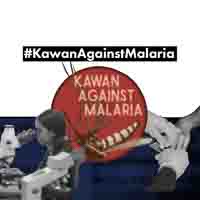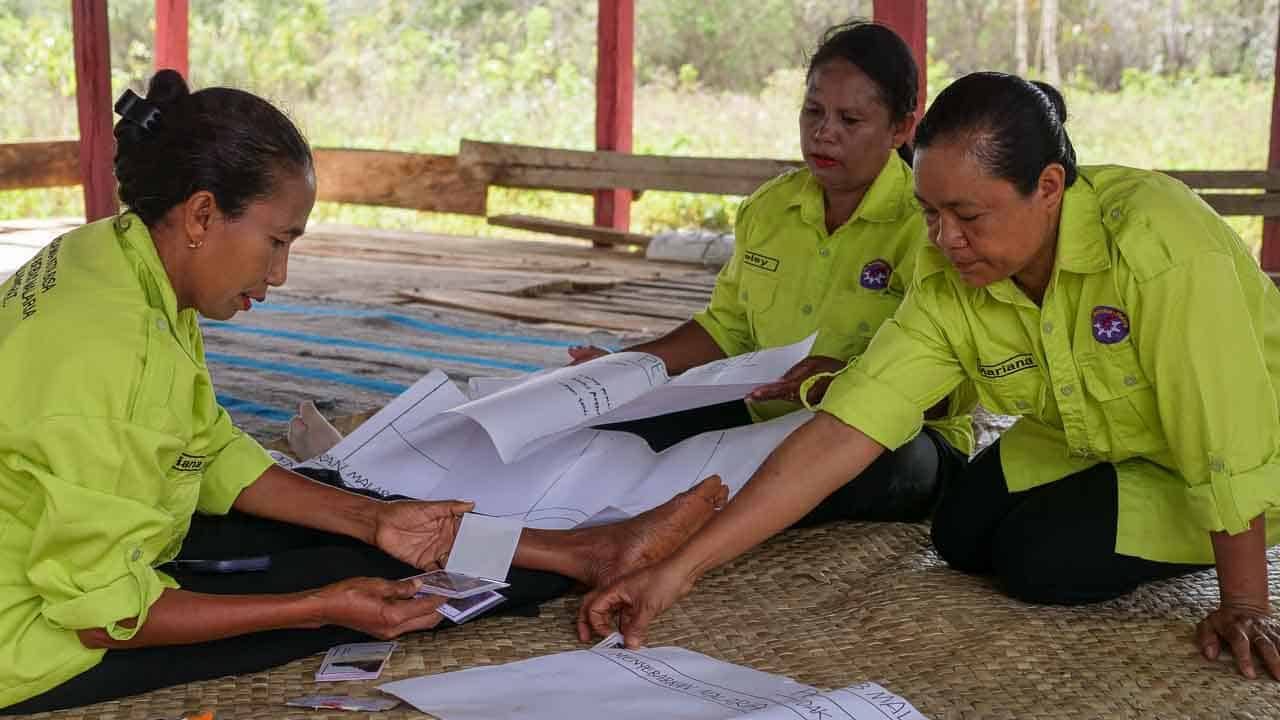East Sumba malaria prevention, dates and impact across education IRS, LLINs diagnostics
Practical results from East Sumba malaria prevention with dates and methods
East Sumba Malaria Prevention Project: Field Results 2025
This programme addressed malaria transmission in remote East Sumba through a practical package of community education, vector control, personal protection, and diagnostic enhancement. Planning and coordination with the District Health Office, Puskesmas teams, village leaders, and schools took place from August 22 to 27, 2025.
Reinforcements for the IRS team occurred on 9 September. Field activities then commenced: indoor residual spraying on 10 to 11 September in Laitipi Hamlet, followed by education sessions and bed net distribution from 23 to 26 September across four hamlets.
Community education engaged 302 participants. Sessions focused on recognising early symptoms, when to test, adhering to correct treatment, and reducing risks at home. Public messages remained visible through 20 large billboards and 270 posters displayed at markets, schools, and health posts with local permissions.
Vector control targeted houses with measured wall surfaces to ensure correct dosage. Seventeen houses in Laitipi were sprayed, covering an area of 1,943 m² of interior walls. Teams adhered to WHO-aligned procedures regarding surface preparation, PPE use, re-entry timing, and record keeping, briefing households before and after application.
Personal protection was enhanced through the distribution of 146 long-lasting insecticidal nets (previously 450 were distributed) to sleeping groups identified as unprotected. Distribution was accompanied by demonstrations on hanging, nightly use, and simple repairs, with follow-up checks to confirm proper installation.
Diagnostic capacity was improved through technical training for 28 laboratory analysts. The curriculum included microscope maintenance, optics alignment, slide preparation, parasite density counting, and a proficiency test using a malaria slide panel with feedback. This aimed to reduce false negatives and positives in primary care, thereby facilitating more accurate treatment decisions.
Operations were managed by mixed teams from Fair Future Foundation and Kawan Baik Indonesia, working in daily coordination with local authorities. As with all our programmes, the Foundation’s leadership was present on the ground throughout all stages—from design to final assessment—to ensure quality and the efficient use of funds.
We are grateful to Rotary International, Malaria Partners International, and our supporters in Switzerland for their financing and trusted partnership. Thanks are also due to Kawan Baik Indonesia, Kawan Sehat health agents, village leaders, Puskesmas staff, teachers, volunteers, and families whose efforts made this work possible.
All documents are publicly accessible, including the final report and comprehensive accounting annexes. For audit and traceability purposes, the online digital version remains the sole authoritative record.
Today, the 5th of November 2025 – Alex Wettstein
- Download the project proposal (20 Aug 2025) to review objectives, methods, schedule and budget assumptions.
- Download the final report (2025 v1.0) to see dated field results, indicators and lessons learned from East Sumba.
- Download the accounting documents (ZIP) for itemised costs, receipts and annexes. The online digital version is authoritative.
In Short – Spraying Walls, Saving Families
In East Sumba, each wall sprayed with insecticide is more than a medical act—it is a shield against malaria. Fair Future’s IRS program transforms fragile bamboo houses into safer spaces, breaking the transmission of disease, protecting children, and giving families back the dignity of sleeping without fear. Click here for more information
Indoor Residual Spraying in East Sumba
List of Related Organisations with Hyperlinks
- Malaria Partners International (MPI): Global network mobilising Rotary and partners to eliminate malaria through education, prevention, and community-based action.
- World Health Organisation (WHO): Provides global standards, strategies, and resources for malaria prevention, treatment, and elimination.
- Roll Back Malaria Partnership: Coordinates global action to end malaria through policy, research, and advocacy.
- Malaria No More: International NGO working to end malaria with innovative programmes and public awareness campaigns.
- Rotary International: Engages clubs worldwide in funding and implementing malaria prevention and health projects.
- Centers for Disease Control and Prevention (CDC): Authoritative source for malaria diagnosis, prevention guidelines, and surveillance data.



